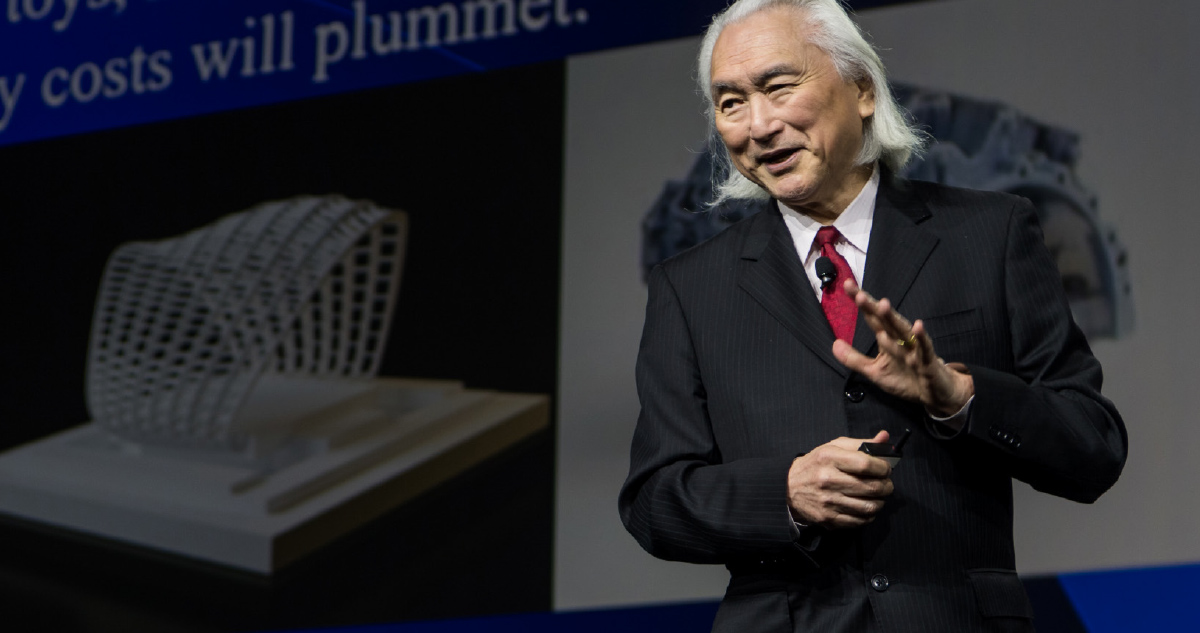As the First General Session speaker at CSBA’s 2019 AEC, Dr. Kaku made several bold predictions about what the future of the workforce will look like, and how classrooms and teachers will shape the ways in which students learn.
His advice to governance teams was simple: don’t be afraid to embrace change.
“The times are changing and we have to keep up with that because artificial intelligence is coming to your classroom,” Dr. Kaku told the packed house on Dec. 5. “Today, virtual reality is a toy, but in the future virtual reality will be an educational tool allowing you to access vast amounts of information.”
Sooner than later, he said, virtual reality will allow children to hold a DNA molecule in their hands or walk through and around a building of their own design. Anatomy class will be done in three dimensions, Dr. Kaku explained, because scientists are already digitizing the human body.
“This is going to be part and parcel of the educational program,” Dr. Kaku said. “And that’s going to cut costs — laboratory expenses are going to be reduced because we’re going to be able to simulate these things right there in the lab, almost for free.”

Those are the three areas that make up the “fourth wave” of technological evolution that “will energize jobs, the economy and education,” according to Dr. Kaku. “The educational system is going to change because of the fourth wave.”
The obvious next question from educators, then, is for what are we preparing students? What jobs will be available to them after they graduate and go on to establish careers?
“The jobs of the future will be the jobs robots cannot do,” Dr. Kaku said — and despite all the incredible advances in science and technology, there are still a lot of jobs left on the table for humans, including:
- Semi-skilled manual labor, such as gardening, plumbing or sanitation jobs;
- Careers that require an understanding of human behavior, including law and counseling; and
- “Intellectual capitalists,” which can include any creative field ranging from scientists and analysts, to rock stars and visual artists.
The job of teaching will also be safe, Dr. Kaku said, as a robot could never mentor children the way an educator can.